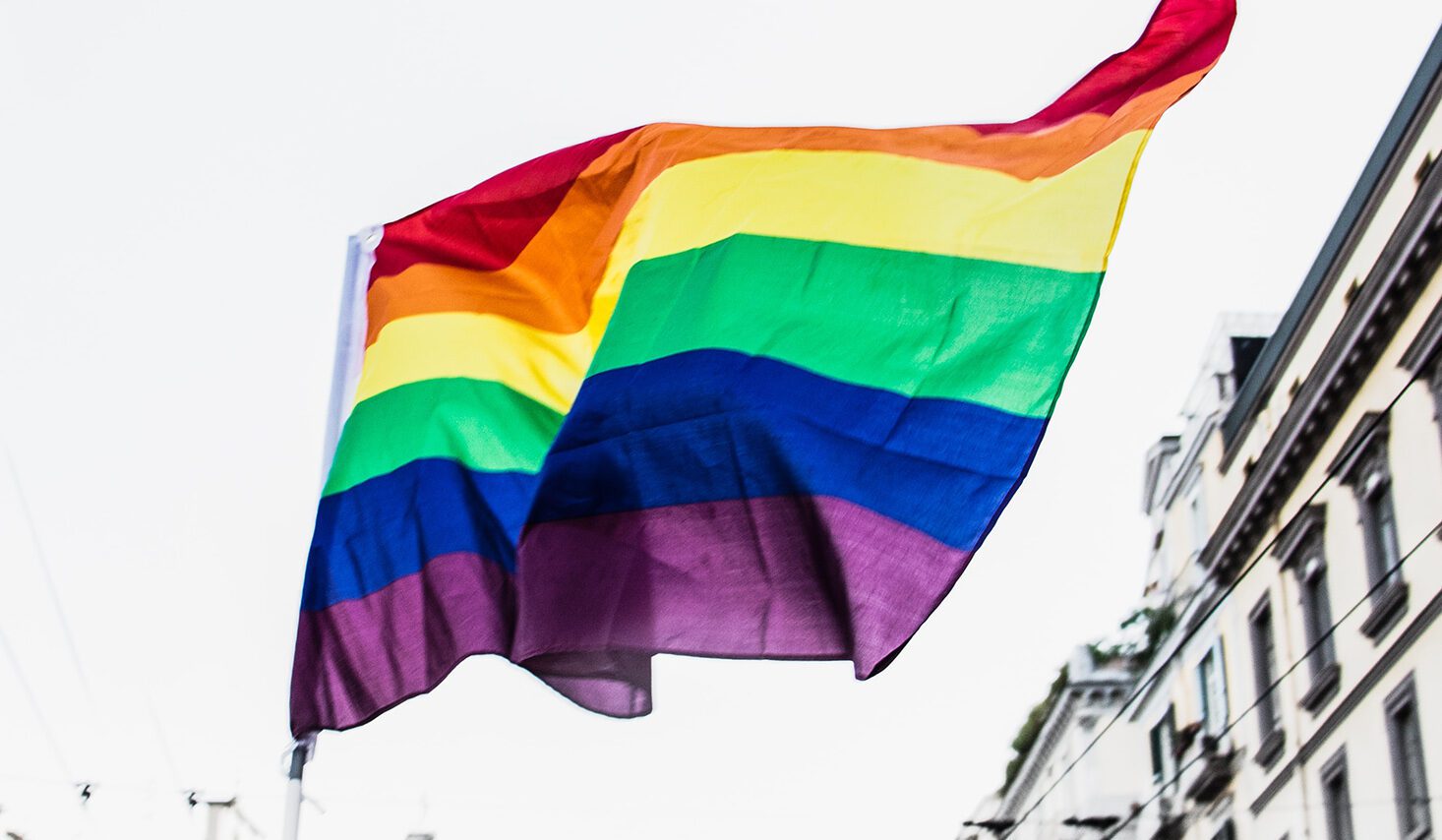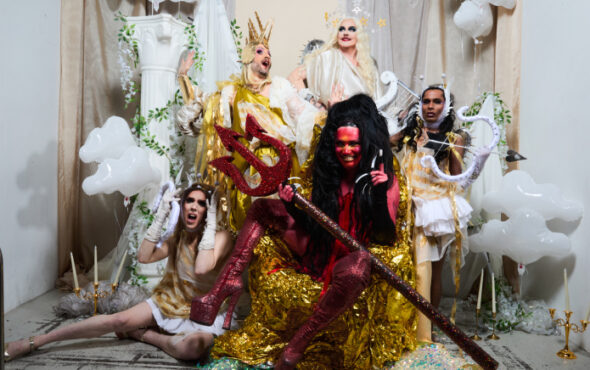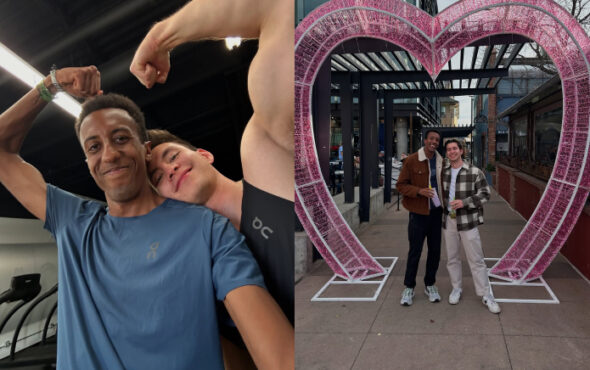
The internet has irrevocably changed the world, including how we communicate, work, find and share information, consume news and entertainment, and organize movements for change. It has also had an enormous effect on community-building, enabling creation of online spaces where people with shared interests or identities can form communities without ever leaving their homes.
For LGBTQ+ people in many countries, the internet is a game-changer. Around the world, LGBTQ+ communities remain among the most rejected, harassed, and discriminated members of society. The ability to connect and communicate virtually creates space for us to meet others like ourselves; feel less isolated, and seek out and offer life-saving information and other resources. Online spaces have also helped accelerate momentum for LGBTQ+ movements, connecting activists across borders and enabling swift information and knowledge-sharing, online advocacy and organizing, and so much more.
In short, online spaces are a lifeline for many LGBTQ+ people around the world, especially where being visible and out in society may bring significant risk.
Unfortunately, this lifeline is under threat due to growing state-sponsored censorship targeting LGBTQ+ content and queer and other human rights defenders, journalists and political activists. Further, the ever-advancing nature of digital technology means that online censorship, along with efforts to circumvent it, are dynamic, leading to a persistent game of leapfrog between governments and users, each trying to stay ahead of the other. For some, to be safe, it also means self-censorship.
A new report – No Access: LGBTIQ Website Censorship in Six Countries – issued by OutRight Action International, The Citizen Lab, and the Open Observatory of Network Interference- documents state-sponsored censorship of LGBTIQ content in Indonesia, Malaysia, Iran, Russia, Saudi Arabia, and the United Arab Emirates. We found that censorship of LGBTIQ website content is prevalent in all six countries, with the highest blocking consistency in Saudi Arabia (75%), and the highest number of blocked sites (75 unique sites) in Iran, followed by UAE (51 unique sites). We also found that censorship in these countries is justified in part by laws governing pornography, thus often erroneously conflating LGBTIQ people and issues with obscenity and with content perceived as harmful to children.
In Iran, Russia and Saudi Arabia, state-sponsored censorship goes beyond targeting the dissemination and access to information. Authorities actively use LGBTQ+ websites and dating sites to identify, detain and, in some cases, beat, extort, torture, and even kill LGBTQ+ people. As such, not only do these governments attempt to silence the LGBTQ+ community, they are attempting to eliminate us completely.
All six countries are transparent about their censorship. On the one hand, this enables LGBTQ+ activists to identify how to circumvent internet blocking. As Khalid Abdel-Hadi, editor of My.Kali, an online pan-Arab LGBTQ+ magazine, notes: “It is like an unspoken conversation between us and governments—we find a way because the Internet is so creative in distributing information. They can block, and we can find another medium…”.
On the other hand, the transparency is a sobering reminder of the openly hostile, state-promoted crackdown on LGBTQ+-related human rights. Saudi Arabia, the UAE, Iran, and Malaysia are among 68 countries where same-sex relations are criminalized. In Russia, a notorious anti-gay propaganda law, in place since 2014, effectively makes online LGBTQ+-related information, including virtual counseling support and health information, illegal. In Indonesia, a “family resilience” bill criminalizing same-sex relations (among other provisions) is being proposed, and active persecution of LGBTIQ people is common.
Censorship is not just about blocking content. It is a deliberate attack on civil liberties, freedom of information, and democracy. It is a concerted effort to control and silence dissenting voices, including of those who do not fit into—or are perceived as challenging– the dominant social, religious, or cultural norms and narratives. By imposing censorship, not only are our voices silenced, they are also portrayed as harmful and criminal, contributing to already prevalent levels of LGBTQ+-phobia, discrimination, and violence.
An activist from Russia, SZ, notes, “I believe that from the very beginning when this propaganda law was adopted, the main goal was exactly to silence any public discussion about the LGBT community, or LGBT rights, or violations of LGBT rights, and basically all this censorship has created an atmosphere of fear, and it concerns all social areas.”
Censorship is a violation of international human rights. The UN Human Rights Council affirmed in its 2018 resolution on “The promotion, protection, and enjoyment of human rights on the Internet,” that “the same rights that people have offline must also be protected online.”
What must we do? We must publicize internet censorship where and when it occurs, highlighting how these practices directly violate international standards, laws, and treaties. We must put pressure on private-sector companies whose technologies are making government censorship possible, for we know that without corporate involvement, most countries would be unable to engage in censorship. And perhaps most important, we must continuously educate ourselves on holistic digital security and innovation, so that attempts to silence us can be circumvented. This means that donors must support local and regional LGBTQ+ human rights organizations to be sufficiently resourced and technically equipped to circumvent censorship while staying safe.
The internet is essential to advancing LGBTQ+ movements around the world. Without it, our ability to fight for our freedom and dignity is significantly hampered, just as these governments hope. Yet, we are resourceful, and we cannot and will not be silenced.


